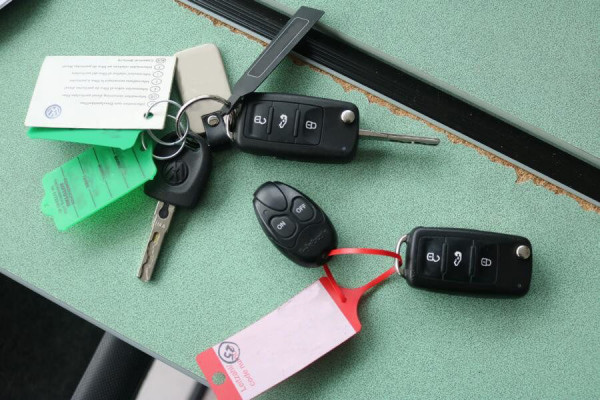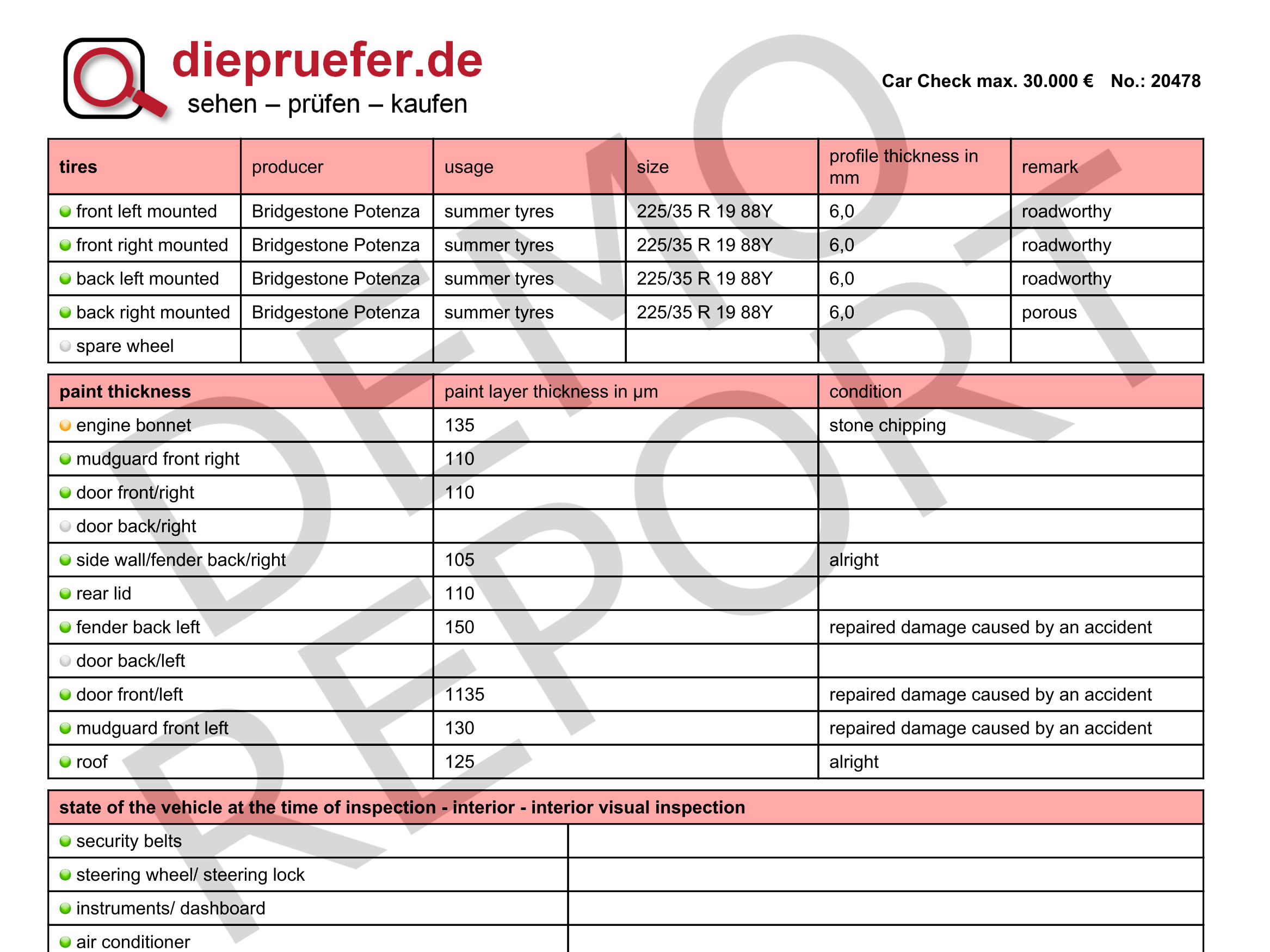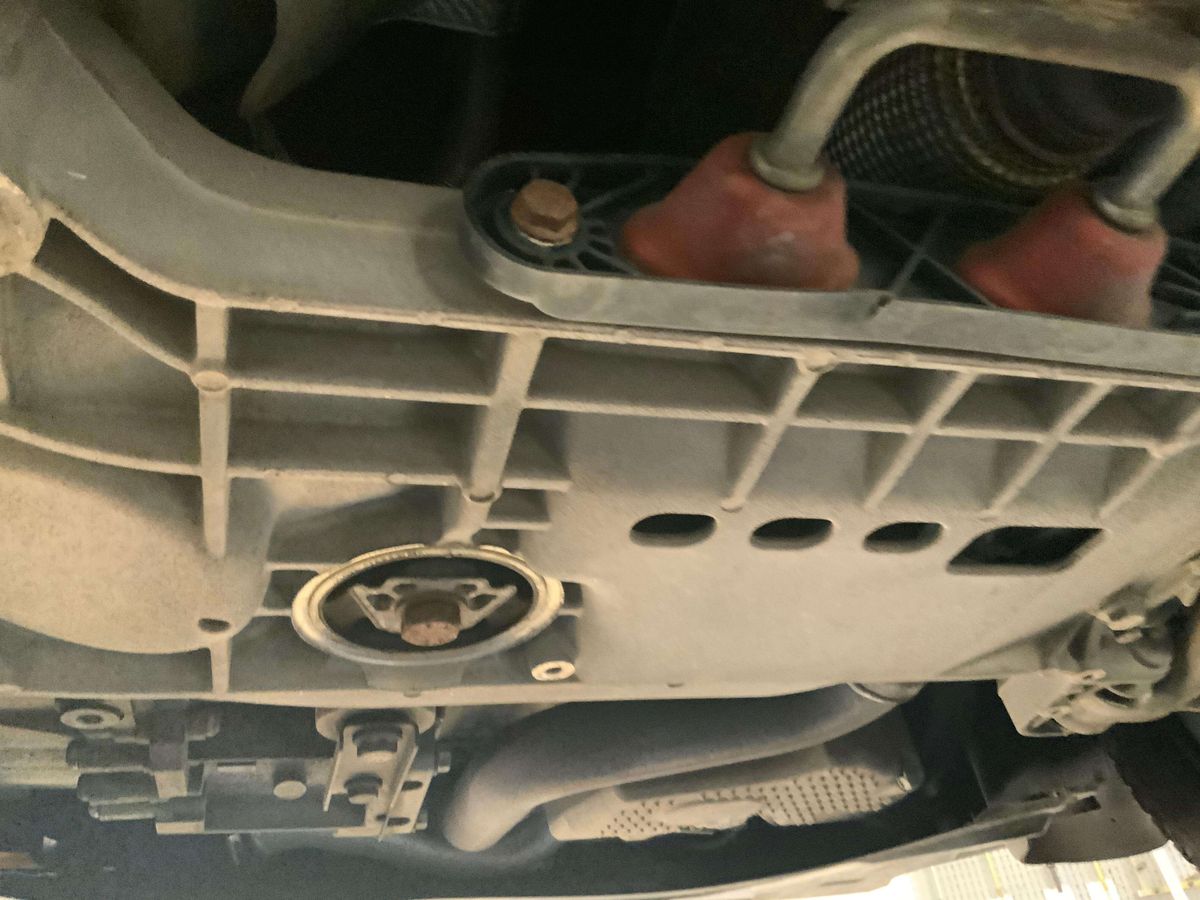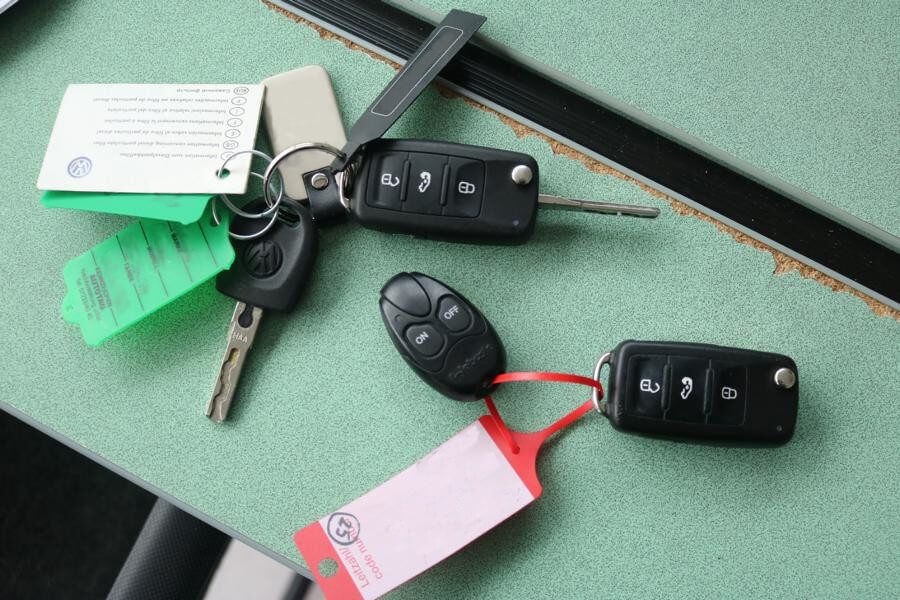What should I consider when buying a car for private use in Germany?
In addition to the still classic sale from the dealer next door, the purchase and complete purchase transaction via internet exchanges also have their justification for the purchase of used cars. For you as a potential buyer for used cars in Germany, the trade in used cars itself generally follows the pattern: see-check-buy and any necessary transfer.
- Used passenger cars - selection and overview Determine market price
- Buy the car privately or from a dealer?
- Used cars from Germany (EU) - what to bear in mind!
- First Telephone enquiry about the most important vehicle data
- The procedure for the ideal inspection appointment with the used car check
- A small checklist - assessing the condition of the vehicle inside and out
- Check of the used car papers
- km performance - speedometer reading
- Test drive
- Purchase contract and payment
- Re-registration with Vehicle registration number, tax and insurance
1. Used passenger cars - choosing and getting an overview of the market price
The type of vehicle and brand selected are of course a matter of personal taste. However, an idea of the price for the vehicle's age should be plausible. Criteria such as safety, payload, equipment and fuel consumption (including gas) or charging capacity also play a major role. A first look at the Schwacke or DAT list of used cars, which is free of charge for consumers, is often helpful. Furthermore, the major automobile exchanges offer a good overview of current prices.
 |
 |
 |
2. Buy the car privately or from a reseller?
In terms of price, a used car from a private seller is often significantly cheaper. However, this private seller may exclude any warranty in the purchase contract. With private sellers, always make sure that the vehicle owner (according to the vehicle registration certificate Part II) and the seller are identical persons. If the persons do not match, ask for a power of attorney from the owner or go to the registration office together with the seller and the papers for an official check. Otherwise, the vehicle may be stolen, in which case you, as the buyer, are out of pocket.
Certain guarantees can also be passed on privately, e.g. manufacturer's guarantees.
When buying from a dealer, the warranty for one year on material defects is included by law via a used car warranty insurance. This can also be extended in scope and time.
However, the sale of hobby vehicles or also commission transactions for private owners are also possible without a warranty.
3. Used cars import from Germany (EU) - what to bear in mind!
Every EU citizen has the right to buy a car anywhere in the EU or to sell it abroad. Dealers are generally liable for two years for new vehicles and at least one year for used vehicles. In the case of private sellers, the warranty is usually excluded.
When buying a car, it is essential to make sure that all the original papers are handed over along with the contract, regardless of whether the car is new or used. This is because buyers always need the original papers for registration at their place of residence. To make sure that all the necessary documents are available, it is advisable to take a look at the websites of the vehicle registration office of the respective country before buying.
In addition to the identity card, the registration offices usually require an electronic insurance confirmation, the invoice or the purchase contract as well as existing foreign vehicle documents and the COC (Certificate of Conformity, a type of EU type approval) in the original. If the COC is missing, the vehicle must first be taken to a technical inspection centre for individual acceptance. You as the buyer must deregister the purchased vehicle in Germany with the original documents and you can also apply for a transfer licence plate (Car registration) there, which you register in your country of destination. This process is relatively quick (approx. 2 hours).
As a further document, the registration office always requires the VAT notification. This is because 19 per cent VAT on the net purchase price (including additional equipment) must be paid within ten days for every new vehicle purchased in another EU country. The tax must be paid to the tax office in the EU country that is also responsible for the car buyer's income tax. The basis for the assessment is the original invoice to be presented. Third currencies are converted into euros at the exchange rate on the day of purchase.
When buying from the dealer, one usually pays VAT at the rate applicable in that country. If tax is paid twice - first in the country of purchase and then in the country of registration - one can then apply for a refund, either from the seller or from the tax authorities in the country where the car was purchased. For these regulations, a new car is any car that has travelled less than 6,000 kilometres or was purchased no more than six months after its initial registration.
If you buy a used vehicle in Germany, you no longer have to pay VAT in your country when you register it. In this case, you then only pay the local VAT in the country of purchase - and only if the seller is a company subject to VAT. If you buy the used car from a private individual, no VAT is due at the place of purchase either. It is therefore advisable to find out about the tax rates applicable in the respective EU country.
Transport companies often take care of the delivery of the vehicle across EU borders. Some also load their purchased car onto a trailer and organise the car's journey themselves. If you want to drive the purchased vehicle home yourself, you need transfer plates and insurance cover from the country of purchase. Transfer plates are not uniform within the EU; they are not always recognised for cross-border use in the respective EU country. Therefore, car buyers should always check with their insurer and the registration office in their home country beforehand.
4. First Telephone enquiry about the most important vehicle data from the seller!
If you are interested in a vehicle, you usually make initial contact with the supplier by telephone. Professionals can filter out up to 90% of the vehicles they are interested in. Take your time and prepare the interview with the vehicle owner. Do the described condition, type of vehicle, mileage and asking price correspond reasonably well with the advertisements? Accident-free?
Of course, you can leave this to the professionals: Used car snapshot from diepruefer.de (link).
5. the process of the ideal viewing appointment with the used car check.
A reputable seller will always give you the opportunity to view the vehicle yourself at your leisure. If you are not an expert yourself, you are welcome to call in one of our professional motor vehicle experts for a neutral and thorough assessment or to accompany the purchase of the used car. As a general rule, it is psychologically more advantageous to come to the inspection and purchase negotiation in pairs with someone who knows something about vehicles. Do not allow yourself to be put under time pressure during the inspection, check everything thoroughly and do not make a hasty decision. If you have neither time, a workshop appointment, nor your own expertise, choose, for example, a used car check from diepruefer.de with / without purchase price determination. We will be happy to take a closer look for you!
6. Small checklist - the ideal viewing appointment!
- Check papers with (german) ABE and key, service and maintenance booklet.
- Used car check inside and outside on the lifting platform or pit, if available
- Mileage plausibility and tyre test (at least 1.6mm)
- Read out electronic vehicle data - fault memory OBD2 (if available)
- Check for accident damage and minor repairs
- Test drive
- Check additional equipment and set of tyres
- Purchase contract, financing conditions, payment agreement, transfer and insurance
7. Check the used car papers of your desired vehicle.
The papers must be complete, just as a general operating permit (ABE) must be available for modifications to the vehicle.
Is there a maintenance booklet and have maintenance work been carried out regularly? Check the vehicle documents to ensure that the seller has all rights to sell the used car or vehicle. Otherwise, you should ask for a written power of attorney.
After all documents have been checked for completeness, have the vehicle and its functioning explained to you in detail. Sometimes the electronics can be tricky, so it makes sense to have the technical operating finesse shown to you.
8. Used Vehicle - km performance - speedometer reading and degeneration of parts
Whether e.g. the degeneration is plausible with the stated mileage, however, can only be assessed by an expert.
8.1 Attention! Manipulated speedometers
Used cars with manipulated speedometer readings are particularly dangerous for buyers if they conceal possible wear and tear that is not addressed by scheduled maintenance intervals. Wear-related technical failure due to manipulation of the speedometer can certainly be the cause of accidents. However, in practice this rarely happens with private cars. It is more likely to be financial loss due to a lower market valuation of vehicles with higher mileage.
The following points to a manipulated speedometer reading:
- High wear and tear on mileage-dependent parts such as interior fittings, timing belts or carbon brushes of alternators.
- Papers with inspection and maintenance booklet or oil change sticker do not match the claimed km reading.
An additional readout option on some newer cars is provided by incremental encoders on all axles that can be read out via a built-in microcontroller. Modern cars now have encoders on each wheel (for ABS, ASR, ESP, navigation) whose frequency is recorded by a microcontroller. The primary measurement result is the number of pulses within a certain measurement interval or, better, the period between signal edges. The readout of such microcontrollers, which is usually subject to an additional charge, can only be carried out by a specialist workshop with special measuring equipment.
9. Test drive
Make sure to do a test drive, if possible. The vehicle must either be insured (third party liability or test drive) or be parked on a structurally enclosed company premises.
Engine noises, for example, can often tell you if something is wrong before you set off. The engine temperature can also indicate defects. Drive as quiet a secondary route as possible and test different driving situations. If unusual noises occur while driving, you should refrain from buying the car.
10. contract of sale and payment
Before making any payment, you should first draw up a proper purchase contract to be countersigned by both partners. Such a contract can be obtained free of charge from the automobile associations, among others. Insist on a German translation of your contract, even with sellers from abroad.
It is best to pay by bank transfer step by step. We always recommend two partial payments with the handover, anything else can lead to complications. Cash payments in particular always carry a risk because of the large sums involved, but they are very popular with sellers. You should be particularly careful with foreign cheap offers and immediate one-off transfers by transfer. Cheques, on the other hand, are often a security risk for sellers and are rarely accepted. You should then receive the vehicle registration and keys at the latest when the entire purchase sum is handed over.
11. Re-registration with Vehicle registration number, tax and insurance
Once the purchase of the used car has been completed, the re-registration in your name should take place as soon as possible. First of all, you will receive a third party insurance certificate (double card or eVB number) from your insurance company.
To register a vehicle, you will need the following documents to present to the registration office responsible for you:
- Vehicle registration certificate
- Vehicle registration document and, if applicable, decommissioning certificate
- Exhaust emission test certificate (AU)
- Confirmation of insurance
- Identity card or passport with confirmation of registration.
Once the re-registration has been completed, there is nothing to prevent you from using your new vehicle.











